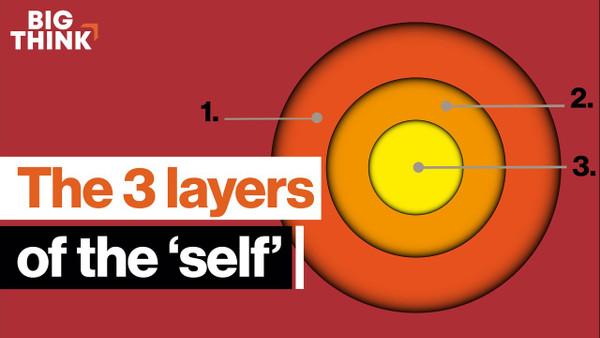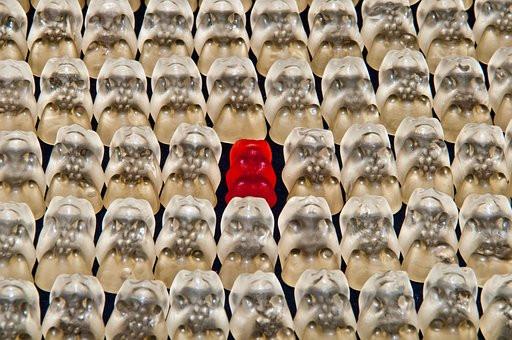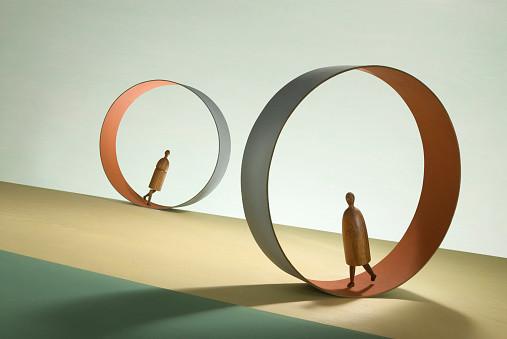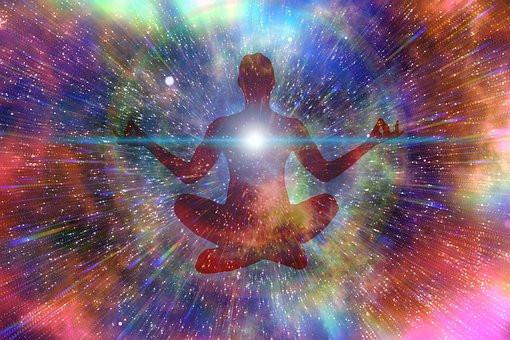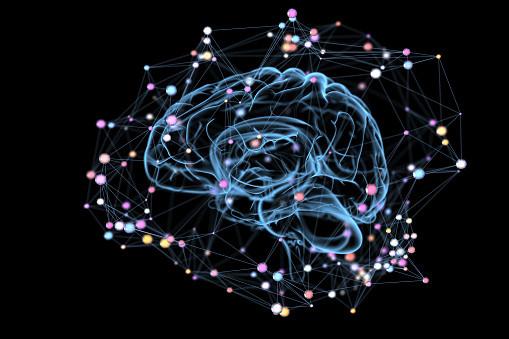What is the ‘self’? The 3 layers of your identity. | Sam Harris, Mark Epstein & more | Big Think
Curated from: Big Think
Ideas, facts & insights covering these topics:
7 ideas
·1.69K reads
21
1
Explore the World's Best Ideas
Join today and uncover 100+ curated journeys from 50+ topics. Unlock access to our mobile app with extensive features.
The true self vs the flexi self
In the West, we continuously feel we should be different from others. We feel that deep inside is our self, our identity to which we must be true. We also see ourselves as unique. In everything we do, we want to reflect that individual self.
In Asia, people have a flexi-self or inter-dependent culture. It is a self that's oriented more to duty than to rights. They know they are different but don't attach much significance to being unique.
32
342 reads
Choice is very important in the West
In the West, making choices can make us a little anxious because it defines who we are. However, when people from Asia make choices, it doesn't have this overlay.
They feel we are less free than they are. They think we are kind of in a prison, because we must define ourselves in every moment. For example, if we take care of the elderly, we want to feel that it's an extension of our great love. Yet, somebody from a more flexi self will take care of the elderly parent because it's their duty, not an expression of themselves.
33
248 reads
We have made things hard for ourselves
Chinese philosophers would say it is extremely restraining to stick to what we think we naturally are meant to be.
Our responses can fall into ruts and patterns that repeat endlessly. For example, when someone does something against you, it can make you angry because it brings back a childhood memory of being angry. What it really is, is a patterned response.
32
242 reads
What you think you are, is just a bunch of patterns you've fallen into
Many of the patterns you've fallen into could be potentially destructive for you and those around you. Instead, you should be trying to break those patterns and change the way you interact with the world.
You'll never get to the good life unless you work through these patterns and create different patterns.
36
231 reads
The egoless-ness or no self
Most people misinterpret the idea in Buddhist psychology of egoless-ness or no-self. They say we don't need the ego or the self at all.
We need our egos. But we take ourselves more seriously than we need to. The self is not as fixed as we would like to think. The ego is a way of organising oneself from a young age. For many people, it stays in an immature place where our intellect defines who we are. Because the ego likes repetition, we're always reinforcing its own vision of itself. And that restricts us.
33
224 reads
Discussing consciousness scientifically
Consciousness is very subjective. Consciousness is what it's like to be you. Its an experiential internal qualitative dimension to the physical system.
We can't reduce that experiential side to neurotransmitters and states of the brain. So, when you're trying to study human consciousness by looking at the states of the brain, you can only correlate experiential changes with changes in brain states but you can never dismiss the first person experiential side.
33
201 reads
The self is an illusion
Most people don't feel identical to their bodies. They feel they have bodies and that they're inside the body, inside their heads. But that locus of consciousness inside the head is an illusion, meaning it makes no neuro-anatomical sense.
The processes in the brain can be independently erupted . We are a changing system, a process.
34
204 reads
IDEAS CURATED BY
CURATOR'S NOTE
The 3 layers of identity: The self in culture, the self in Eastern philosophy, the self in neuroscience.
“
Noelle H.'s ideas are part of this journey:
Learn more about philosophy with this collection
How to start a successful business
How to build a strong team
How to market your business
Related collections
Similar ideas
9 ideas
8 ideas
Read & Learn
20x Faster
without
deepstash
with
deepstash
with
deepstash
Personalized microlearning
—
100+ Learning Journeys
—
Access to 200,000+ ideas
—
Access to the mobile app
—
Unlimited idea saving
—
—
Unlimited history
—
—
Unlimited listening to ideas
—
—
Downloading & offline access
—
—
Supercharge your mind with one idea per day
Enter your email and spend 1 minute every day to learn something new.
I agree to receive email updates
